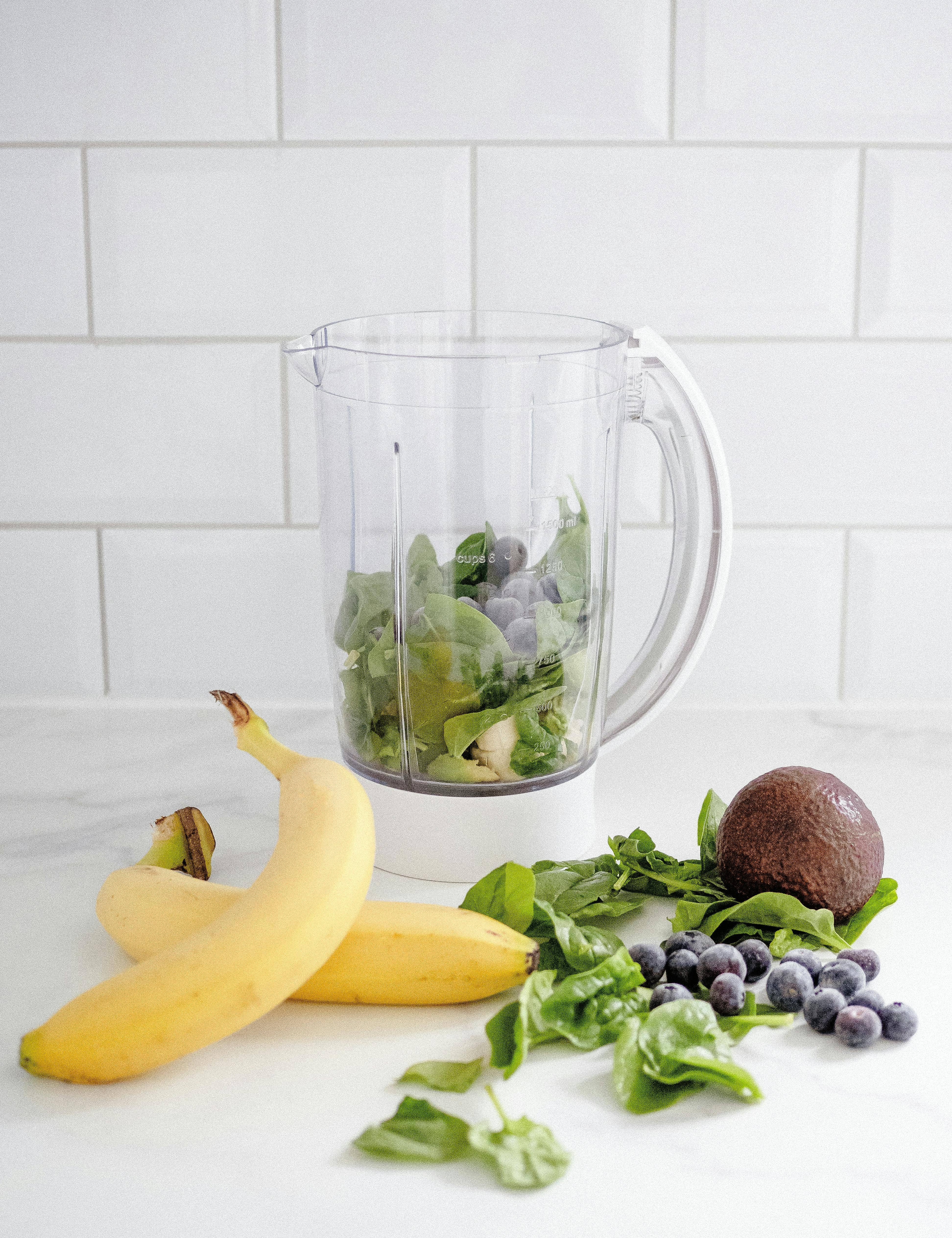Can You Get Pregnant During Perimenopause? What Every Woman Over 40 Should Know

Perimenopause is often painted as the end of the fertility road. But the truth? It’s more of a winding path with a few unexpected turns—and yes, one of those turns could be pregnancy.
At Eir Women, we believe in replacing fear with facts. Understanding your body’s natural transitions empowers you to make decisions that feel aligned, informed, and grounded in reality—not outdated myths.
What Is Perimenopause, Really?
Perimenopause is the transitional period before menopause officially begins (which is marked by 12 consecutive months without a period). It typically starts in your late 30s or early 40s, and can last anywhere from a few years to more than a decade.
Hormones—especially oestrogen and progesterone—start to fluctuate, causing symptoms like irregular periods, mood swings, hot flashes, and sleep disturbances. But here’s the important part: ovulation can still happen, just less predictably.
And where there’s ovulation, there’s a chance of conception.
Yes, You Can Still Get Pregnant
It’s a common and risky assumption to believe fertility disappears overnight. While egg quality and quantity decline with age, spontaneous ovulation still occurs in many women throughout perimenopause. The result? Surprise pregnancies that can be joyful, stressful—or both.
In fact, research shows that women in their 40s, especially early to mid-40s, can still conceive naturally. It’s not guaranteed, but it is biologically possible.
What Makes It So Tricky?
Traditional fertility tracking methods become less reliable during perimenopause. Your cycle might shift month to month, making ovulation prediction harder. That said, some signs—like changes in cervical mucus, basal body temperature shifts (amongst hot flashes), and breast tenderness—can still offer clues.
Whether you’re trying to avoid pregnancy or hoping to conceive, being attuned to these changes is key.
Your Birth Control Isn’t Optional Yet
If you’re not planning to become pregnant, contraception is still essential until menopause is confirmed. That means 12 months without a period—not just a few skipped cycles. Hormonal and non-hormonal options (like the copper IUD or condoms) are available, and a conversation with your healthcare provider can help you find what works best for your body and your values.
What If You're Hoping to Conceive?
If pregnancy is something you’re still considering, don’t wait. Fertility testing (like AMH and FSH levels) can give insight into your egg reserves, and assisted reproductive technologies like IVF may improve your chances.
Know this: successful pregnancies in your 40s are becoming more common—especially with the right guidance and support.
It’s Not Just Physical—It’s Emotional, Too
This phase can stir up all kinds of feelings. Relief. Sadness. Hope. Confusion. Whether you're grieving the end of fertility, navigating surprise emotions, or embracing the chance for a new chapter, your feelings are valid and deserve space.
Eir Women is Here for Every Chapter
Our hormone-supportive formulations are designed with this complexity in mind—helping ease the transition with nutrients, adaptogens, and botanicals that support balance, clarity, and energy.
We believe perimenopause is more than a hormonal shift—it’s a reclaiming of power. And whether you're navigating endings or beginnings (or a little of both), you’re not alone.


